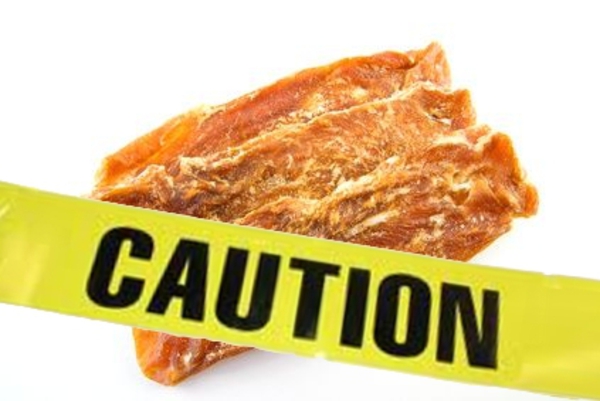Trying new food is part of the fun of being on holiday – or just having someone to do the cooking and serve up delicious breakfasts, lunches and dinners is a treat.
Many holiday resorts worldwide now offer an all inclusive buffet as part of the meal plan and although standards at many resorts are high, there have been disturbingly frequent cases of food poisoning at some package holiday resorts, which offer meals on an all inclusive basis with buffet-style meal plans.
If you want to avoid a nasty dose of food poisoning on holiday it is important to follow a few golden rules about what you eat – whether you are all inclusive in Egypt or freewheeling round India.
The all inclusive buffet is potentially a breeding ground for bacterial infections like salmonella, E.coli, campylobacter and shigella.
Bacterial infections which cause gastrointestinal illness result from contaminated food and water, which can become infected in a number of ways:
- Poor food hygiene and preparation (dirty kitchens, staff not washing hands)
- Dirty cutlery, glasses, crockery, surfaces
- Food exposed to insects, birds, animals
- Water or food chain infections through water supplies or animals being infected – most animals and humans carry bacteria like E.coli in their gut, but if meat, for example, is not cooked thoroughly, this can cause an outbreak of illness like E.coli or salmonella.
Steering clear of illness at the hotel buffet
Some simple tips to keep you safe at the all inclusive buffet include:
- To make sure you are not ill on holiday, it is important not to use dirty cutlery or crockery at the hotel buffet – and do not drink from glasses which look as though they have not been rinsed properly after going through the dishwasher.
- Hot food should be hot or and chilled food should be chilled – never in between – so do not eat cooked meat which is lukewarm or not properly cooked; or consume food which should be chilled (eg cheese or cold meats) and have been left out to get warm.
- Peel fruit and vegetables and make sure salad is clean and has not been washed in tap water which might not be potable (drinkable) or even river water, as might be the case on a Nile cruise.
- Only drink water from sealed bottles – never take water from a communal jug in the dining room or drink from a bottle with the top already open, as left over water might have been re-used to fill it. Ask the waiter to bring a bottle and open it in front of you – and then wipe the top with an antibacterial handwipe just in case your waiter has not washed their hands.
In far flung destinations, eating from street vendors or local cafes is common and part of the enjoyment of travelling abroad.
However, Western digestive systems may not be used to coping with local conditions even if food is properly cooked, so ease yourself in gently if you are a newcomer to a destination – and make sure you take plenty of over-the-counter (OTC) medications like loperamide for diarrhoea and domperidone to tackle sickness with you in case of an attack of holiday illness.
If an episode of sickness and diarrhoea does not begin to clear up within 24 hours, you should seek medical help before dehydration and severe inflammation of the intestinal tract sets in, which can cause side effects like blood in the stools and long-term ill health such as irritable bowel syndrome.
Treatment with antibiotics will be needed for severe attacks of holiday tummy, so don’t delay in getting medical help.
Otherwise if you are ill, take OTC medications and drink plenty of fluids – once you feel like eating again, opt for bland foods like bread, a little cheese and bottle fruit juice diluted or try a well-cooked omelette once you start feeling hungry again.
With good hygiene and food preparation, holiday illness can be avoided – tell your holiday immediately if you become ill and report any instances of poor hygiene at your accommodation, also.
If you are ill whilst on holiday abroad you can make a food poisoning travel claim for compensation against your travel agent.

